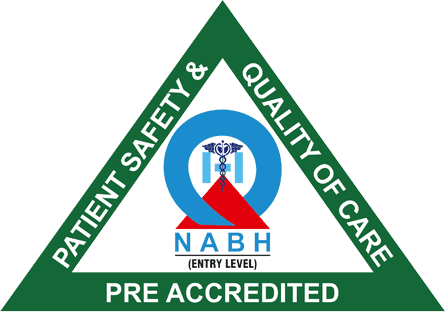Cataract surgery is one of the most common and successful surgical procedures performed today. It is a safe and effective way to restore vision that has been clouded by cataracts. Cataracts are a natural part of ageing, and they affect nearly everyone over the age of 75.
What are cataracts?
Cataracts are clouding of the eye’s natural lens, which helps us focus light onto the retina. This clouding can cause vision to become blurred, hazy, or distorted. It can also make it difficult to see in dim light or to read fine print.
Symptoms of cataracts:
Blurred, hazy, or distorted vision
Difficulty seeing in dim light
Double vision
Sensitivity to light
Halos around lights
Faded colours
Benefits of cataract surgery:
Improved vision
Reduced glare and halos
Improved ability to see in dim light
Improved quality of life
Increased independence
What to expect from cataract surgery:
Cataract surgery is an outpatient procedure, which means you will go home the same day as the surgery. The procedure is typically performed under local anaesthesia, which means you will be awake but pain-free.
During the surgery, the surgeon will make a small incision in your eye and remove the cloudy lens. They will then implant a new artificial lens called an intraocular lens (IOL). The IOL will help you focus light onto the retina, and it will restore your vision.
Most people recover quickly from cataract surgery. You may experience some redness, itching, or watering in your eye for a few days after the surgery. You may also need to wear glasses or contact lenses for a short period of time after the surgery.
What are the risks of cataract surgery?
Cataract surgery is a very safe procedure, but there are some potential risks, including:
Infection
Bleeding
Swelling
Dislocation of the IOL
Retinal detachment
These risks are very rare, and the benefits of cataract surgery far outweigh the risks.
If you think you may have cataracts, please see an eye doctor for an evaluation.
Cataracts are a common condition, but they can be treated effectively with surgery. If you think you may have cataracts, please see an eye doctor for an evaluation. Early detection and treatment of cataracts can help you preserve your vision and enjoy a better quality of life.
Watery eyes after cataract surgery
Watery eyes after cataract surgery are a common side effect that usually goes away on its own within a few weeks. However, if you are experiencing excessive watering or other symptoms, such as redness, pain, or vision changes, please see your eye doctor immediately.
Redness in the eye after cataract surgery
Redness in the eye after cataract surgery is another common side effect that usually goes away on its own within a few weeks. However, if you are experiencing excessive redness or other symptoms, such as pain, vision changes, or discharge, please see your eye doctor immediately.
Cataract surgery in Mumbai
If you are looking for cataract surgery in Andheri & Santacruz, Iksha Eye Care is a leading provider of eye care services. We offer a variety of cataract surgery procedures, including traditional cataract surgery, laser-assisted cataract surgery, and premium lens implants. Our experienced surgeons use the latest techniques and technology to provide you with the best possible care.
Iksha Eye Hospital
Iksha Eye Hospital is a leading eye care hospital in Mumbai, India. We are committed to providing high-quality, compassionate eye care to patients of all ages. Our team of experienced eye doctors and surgeons is dedicated to helping you achieve the best possible vision.
Contact us today to schedule a consultation.
If you are interested in learning more about cataract surgery, please contact Iksha Eye Care today. We would be happy to answer your questions and schedule a consultation with one of our eye doctors.
Contact 9321489919 to book your appointment with us NOW!















